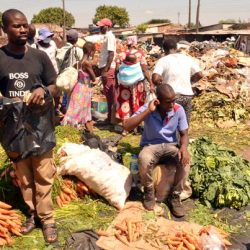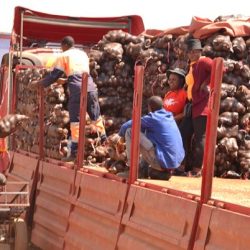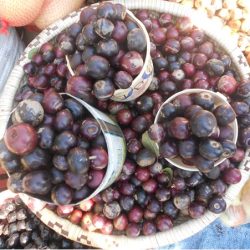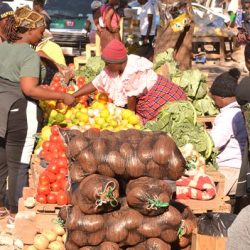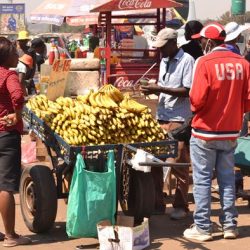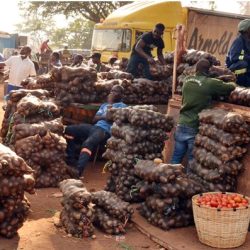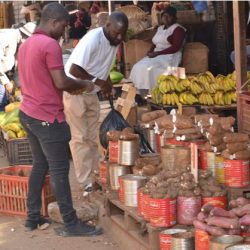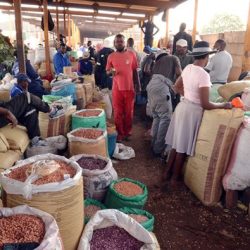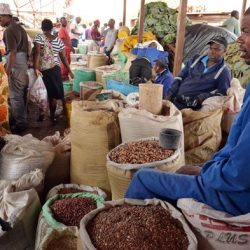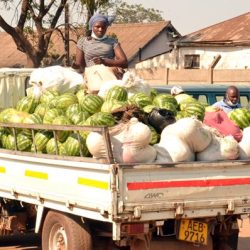Of agroecology and related terminologies that hogged the limelight in 2023
Of agroecology and related terminologies that hogged the limelight in 2023 The year 2023 saw agroecology receiving a lot of attention as one of the main proposed solutions for combating climate change in harmony with nature. However, like many other buzzwords, agroecology continues to be diluted, generalized and coopted before its full potential can be Read more about Of agroecology and related terminologies that hogged the limelight in 2023[…]

